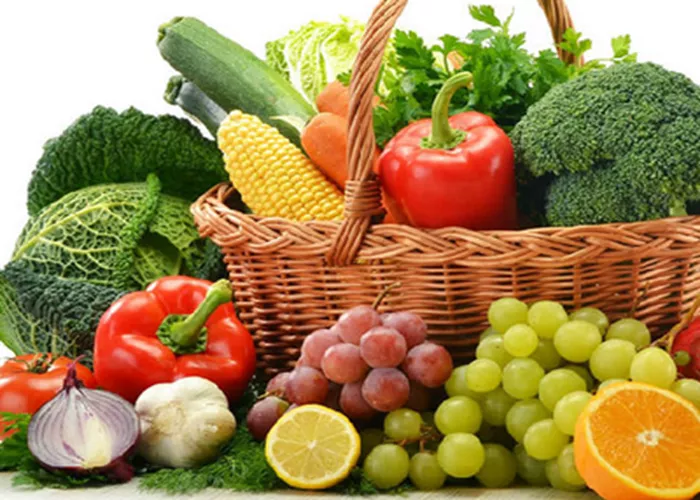Incorporating fruits into a diet aimed at building muscle or losing weight might not seem like the most obvious choice, but certain fruits pack a surprising amount of protein while providing essential nutrients like fiber, vitamins, and antioxidants.
Protein plays a crucial role in muscle repair, satiety, and overall health. It is often central to weight loss diets, and, more recently, plant-based eating patterns have been praised for their ability to aid in weight management and offer various health benefits.
Although fruits generally contain less protein than other plant-based foods like beans, legumes, nuts, and seeds, some options still stand out. Nutrition expert Natalie Rizzo, a registered dietitian and nutrition editor for TODAY, emphasizes that “every gram of protein counts, especially on a plant-forward diet.” While most individuals need at least 20 grams of protein per meal, the naturally occurring sugars in fruits provide energy and fuel for daily activities and workouts.
Fruits also come loaded with nutrients such as vitamins A, C, E, and D, as well as potassium, magnesium, and fiber. While fruits shouldn’t be relied upon as a primary protein source, they can certainly contribute to your daily intake. Rizzo advises that fruit protein should be seen as an additive, complementing other protein-rich foods rather than replacing them.
To help you integrate more protein into your fruit intake, here are some options that pack over 1 gram of protein per serving:
Passion Fruit
1 cup of raw passion fruit contains 5 grams of protein. This tropical fruit also offers fiber, calcium, and vitamins A and C. It can be enjoyed fresh, in yogurt, or added to smoothies and juices.
Jackfruit
With 2.8 grams of protein per cup of sliced raw pieces, jackfruit is a versatile fruit often used as a plant-based meat alternative due to its chicken-like texture. Whether barbecued, sautéed, or added to stews, this fruit makes a great protein-packed choice.
Pomegranate
1 cup of pomegranate arils delivers 2.9 grams of protein. Pomegranates are rich in antioxidants, fiber, and fatty acids that support heart health and reduce inflammation, making them a powerful addition to your diet.
Apricots
Fresh apricots provide 2.3 grams of protein per cup, while dried apricot halves contain 4.4 grams. In addition to protein, apricots offer fiber, iron, and various vitamins, including C, E, B6, and A. Known for their anti-inflammatory properties, apricots are beneficial for overall health.
Blackberries
Blackberries deliver 2 grams of protein per cup. These nutrient-dense berries are packed with antioxidants, which may reduce cancer risk, and fiber that supports gut health.
Guava
This tropical fruit contains 1.4 grams of protein per fruit. Guava is also high in vitamin C, fiber, and antioxidants, making it a great option for boosting immunity and supporting digestion.
Raisins
A 1.5-ounce box of raisins provides 1.4 grams of protein. Besides protein, raisins are rich in fiber and potassium, which helps maintain healthy blood pressure. These small yet mighty snacks are heart-healthy and help promote satiety.
Citrus Fruits
One orange offers 1.2 grams of protein, while a grapefruit contains 2.3 grams. These fruits are famous for their high vitamin C content, but they also provide fiber and potassium, making them a hydrating, low-calorie choice that helps with satiety.
Cantaloupe
Cantaloupe provides 1.3 grams of protein per cup. This fruit is an excellent source of vitamin A, particularly in the form of beta-carotene, which supports eye health and immune function. Cantaloupe can be enjoyed in fruit salads, smoothies, or as a refreshing snack.
While fruits may not be your primary source of protein, they are certainly valuable additions to a balanced diet, especially when following a plant-based or protein-conscious eating plan.
Related Topics:
Does The Mediterranean Diet Help Lower Cholesterol


